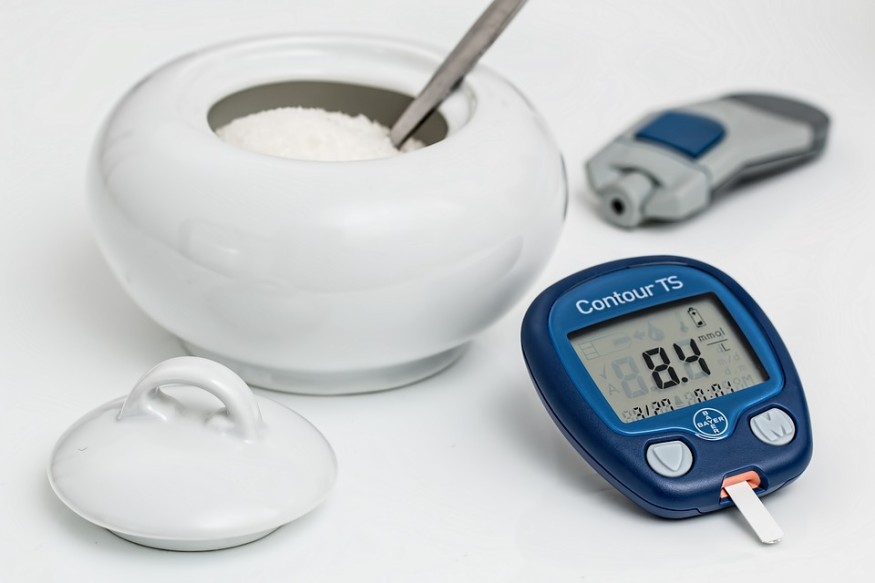
Experts say that keeping your diabetes under control will help you prevent nerve, heart and foot problems. Here are some things that you can do in order to keep your condition at bay.
Lose extra weight
Obesity is linked to high blood sugar, which is why doctors encourage diabetic people to lose their extra weight and maintain a healthy weight. You can consult a fitness trainer, a dietitian and a doctor so you can get started on a workout and diet plan that will work for you.
Check your blood sugar level twice a day
It is best to check your blood sugar level once in the morning and once in the evening. It is also best to write it down so that you can track your progress and you can note how food and activity can affect your blood sugar levels.
Get A1c blood tests to know your average blood sugar level
Doctors advise diabetic patients to get A1c blood tests so that you will know your average blood sugar level for the past 2 to 3 months. Most people that have type 2 diabetes should aim for at least A1c of 7% or lower. You can ask your doctor how often you need to get an A1c test.
Track your carbohydrates
It is also best to track your carbohydrate intake. You should know how many carbs you are eating and how often you have them in a day. Managing your carbohydrates can help keep your blood sugar level under control. Opt for high-fiber carbs, such as fruits, beans, green vegetables, and whole grains.
Control your blood pressure, cholesterol, and triglyceride levels
Diabetes can increase your chances of developing heart disease, so it is best that you keep a close eye on your blood pressure and your cholesterol level. Talk with your doctor about keeping your triglycerides, cholesterol and your blood pressure in check. You should also take your prescribed medications.
Keep moving
Exercising can help you reach and even maintain a healthy weight. Regular exercise can also help cut stress and it can help control your blood pressure, triglyceride levels, and cholesterol levels. Get at least 30 minutes to an hour of exercise every day, five days a week. You can go walking, dancing, try out low-impact aerobics, tennis, swimming or even a stationary bike. Start more slowly if you are not active now. You can even break up the 30 minutes, so you can take a 10-minute walk after every meal. You can include stretching and strength training on some days as well.
Catch some good sleep
When you are sleep deprived, you tend to eat more and you can gain weight, which often leads to health issues. People who are diabetic who get enough sleep usually have healthier eating habits and better blood sugar levels.
Manage stress
Diabetes and stress do not mix. Stress can elevate your blood sugar levels. But you can find relief by sitting quietly for at least 15 minutes, practicing yoga or meditating.
See your doctor
It is best to get a complete checkup once a year, though you may talk to your doctor more often. At your yearly physical checkup, make sure that you get a blood pressure check, dilated eye exam, foot exam, and screenings for other complications like nerve damage, kidney damage, and heart disease.
ALSO READ: Eating White Rice Daily Increases the Risk of Diabetes











